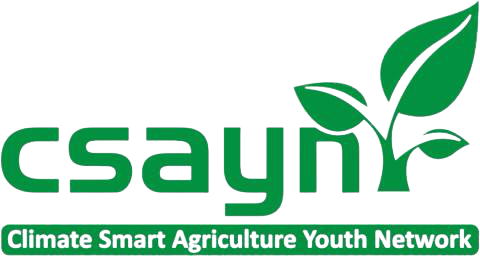31 JANUARY, 2015
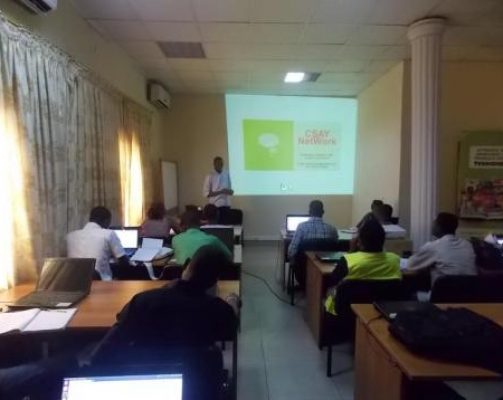
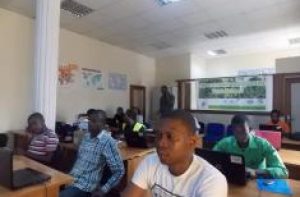
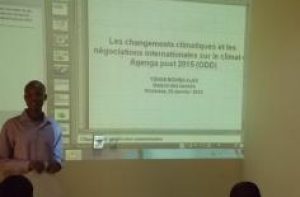
I. Official Launch of Climate Smart Agriculture In DRC
(Held at the House of Knowledge in Kinshasa, 30 January 2015)
The main objective is to arouse young people’s interest in the importance of agriculture and environmental issues in the DRC but also inform young CSAYN the launch of the network in the DRC.
The specific objectives of the workshop were to:
– Launching the activities of the branch of CSAYN – DRC
– Projecting the actions to be undertaken during 2015 in the DRC;
– Introduce facilitators and accompanying partners CSAYN DRC.
Among them the students were able to recognize practices such as mulching, multi-cropping, algal compost, kitchen waste compost, fallowing and run off farming among many others. The young students also received part of the experience of a farmer who has over 30 years of experience in the fields.
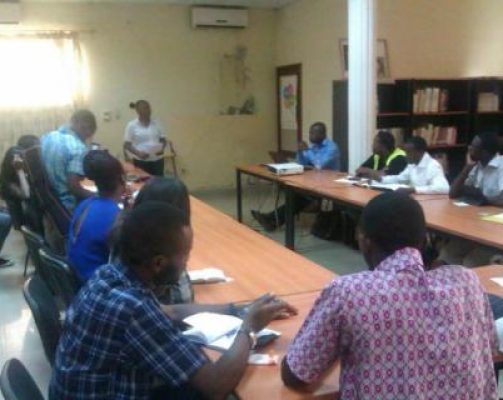
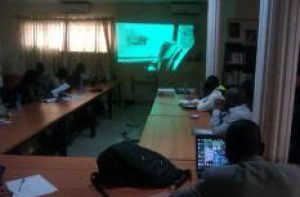
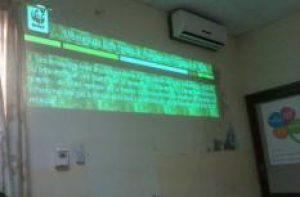
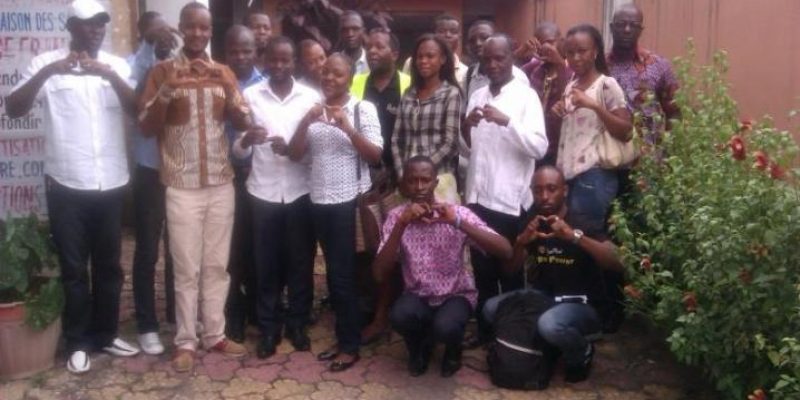
II. Brainstorming Workshop
Congolese youth face the challenges of climate change
Objective
The Objective of this workshop was to bring Congolese youth to realize themselves and reflect on the challenges of climate change in the context of their country in particular and World in general.
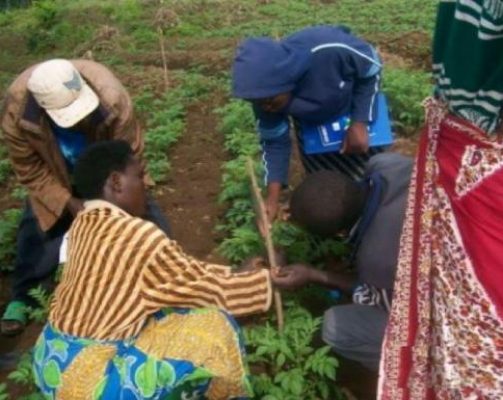
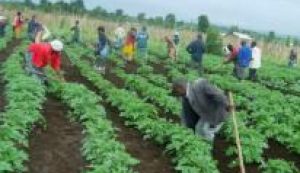
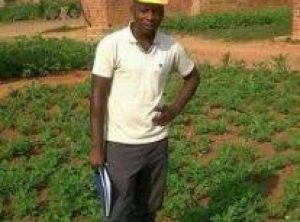
III. Champs-Peasant School
A promising approach for young unemployed Kavumu School Champs-Paysan (CEP) is an approach that was developed in the years 1989 in Indonesia by FAO with the aim of forming rice farmers in integrated pest management. The CEP is a method of community education and participatory extension; it is a school without walls where the agri-farmers learn by observation, per share and experiment in their own fields. This is not to educate farmers rather to empower them and make them capable of making their own decisions. And they become experts in their own fields.
The project objectives were to teach young people (65 young unemployed Kavumu / SOUTH KIVU) good agricultural practices, organize youth group of producers, train and educate youth on the fundamentals of economic law marketing of agricultural products and to develop in the young the idea of support through work.
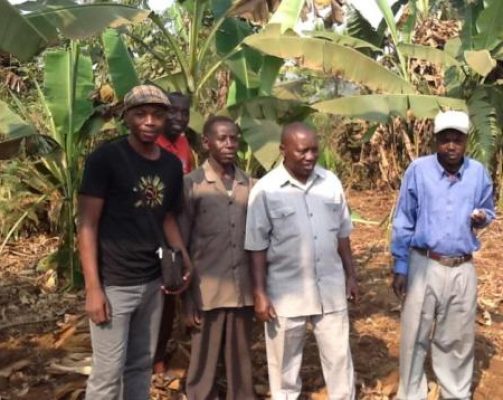
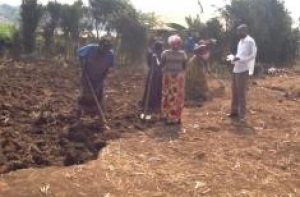
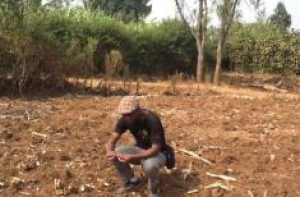
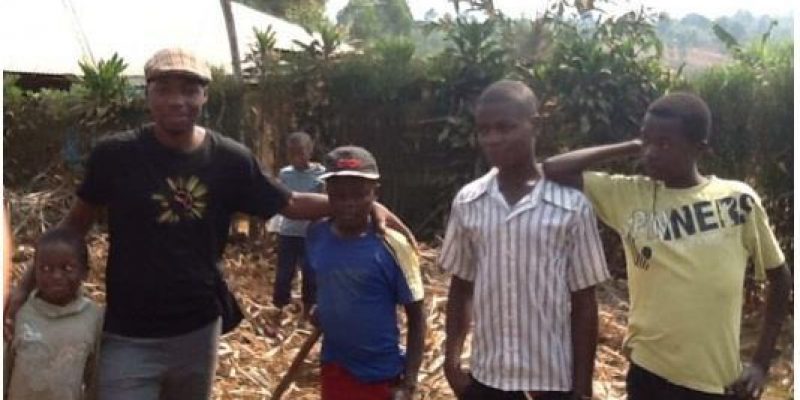
IV. Integrated management of soil fertility
Basis for sustainable agricultural intensification in Kabare / South Kivu
Today in South Kivu, the loss of soil fertility greatly hampers agricultural production. Indeed, in the Kabare territory, with a few volcanic regions, soils are incapable of producing good crops. This inability to produce soil is mainly due to the soil regularly operating without following the fallow period, water erosion and the low consumption of fertilizers to compensate for losses often experienced soils.
From 7 to 9 August, 2015, in collaboration with CSAYN, NEW DAY association and Hope Land asbl Congo Kabare organized a mobilization meeting on the integration of the concepts of intelligent agriculture in farming practices. During the interview, farmers have shown that soil fertility decline is a limiting factor in agricultural production and it is imperative to find a solution for this problem.
Integrated Soil Fertility Management (ISFM) is a solution that can help fight against the loss of soil fertility problems in Kabare. This is a technique that involves better use of nutrient stocks in the soil, local amendments and mineral fertilizers in order to increase land yields while ensuring the improvement and sustainability of their fertility.
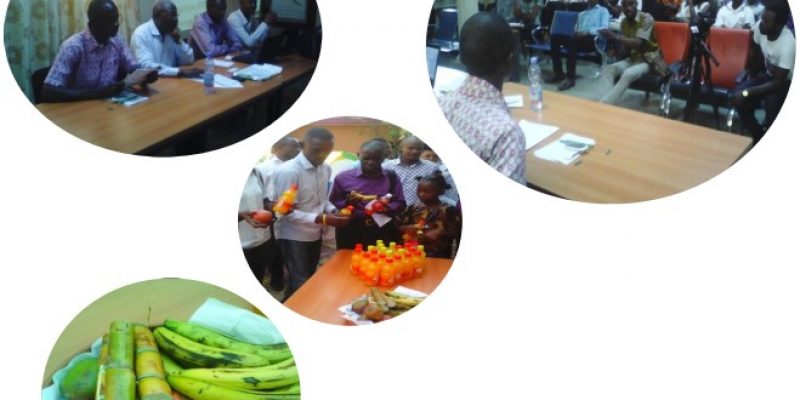
V. Action Campaign HUNGER FREE
The campaign HUNGER FREE, HGF, is a generation of promotional space ”Generation Zero Hunger” as effective fight against extreme poverty, Objective 2 of the Sustainable Development Goals post2015.
It is used on the occasion of World Food Day, whose theme was “Social protection and agriculture – break the vicious circle of rural poverty ‘, to send a strong message to the younger generation – generation zero Hunger to encourage young people, women and vulnerable people (person with disability) for the challenge and engage in the struggle to sustainably eradicating hunger and poverty within 15 years. This action was organized in December and had experienced a 38 people.
